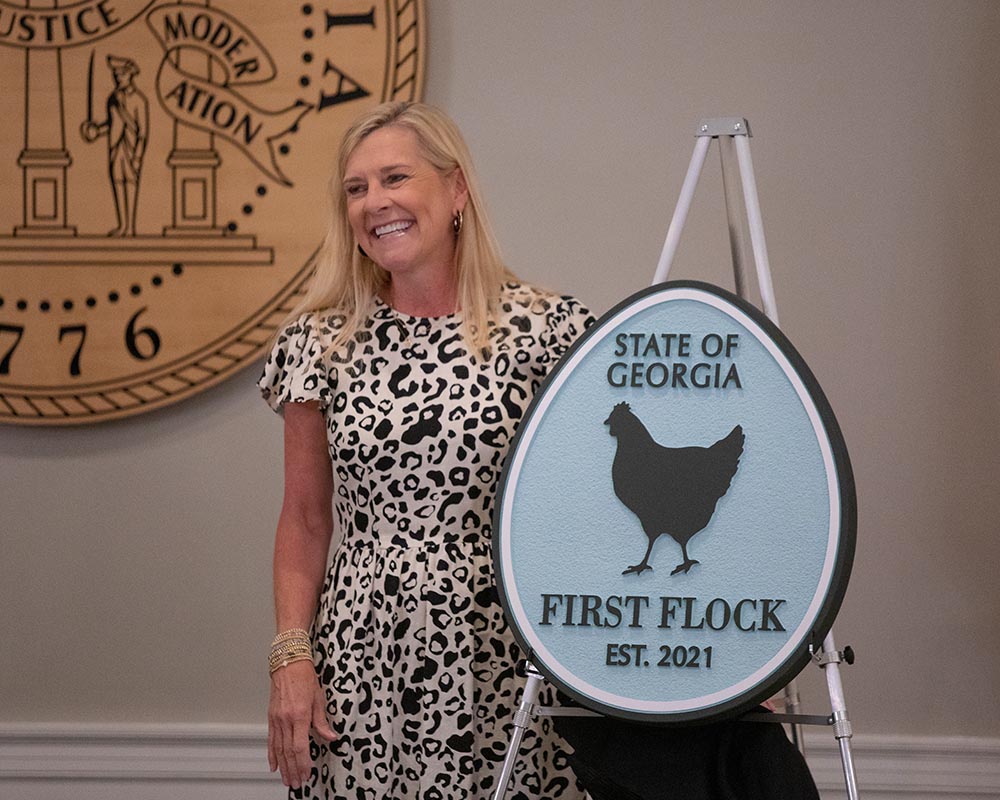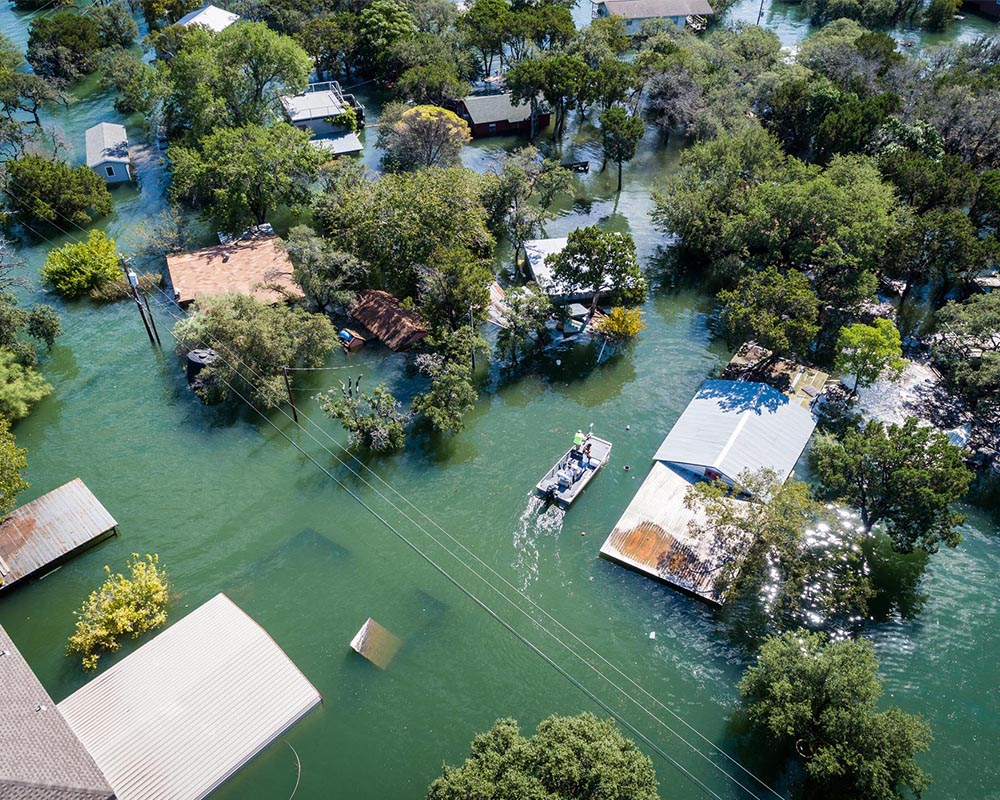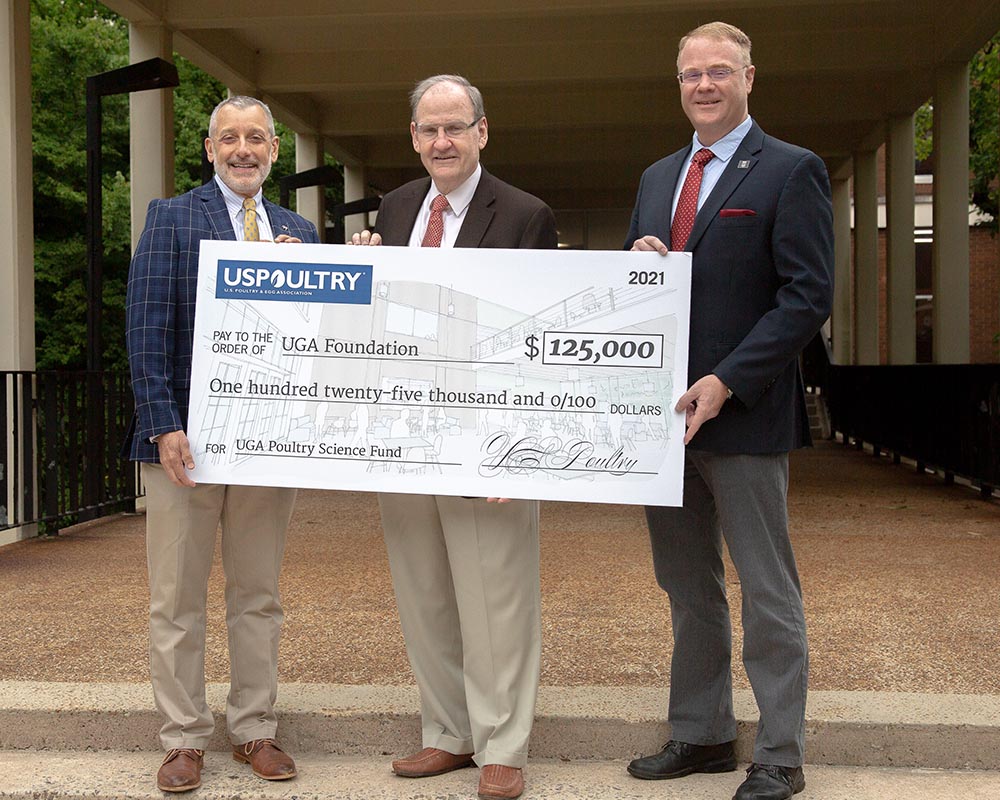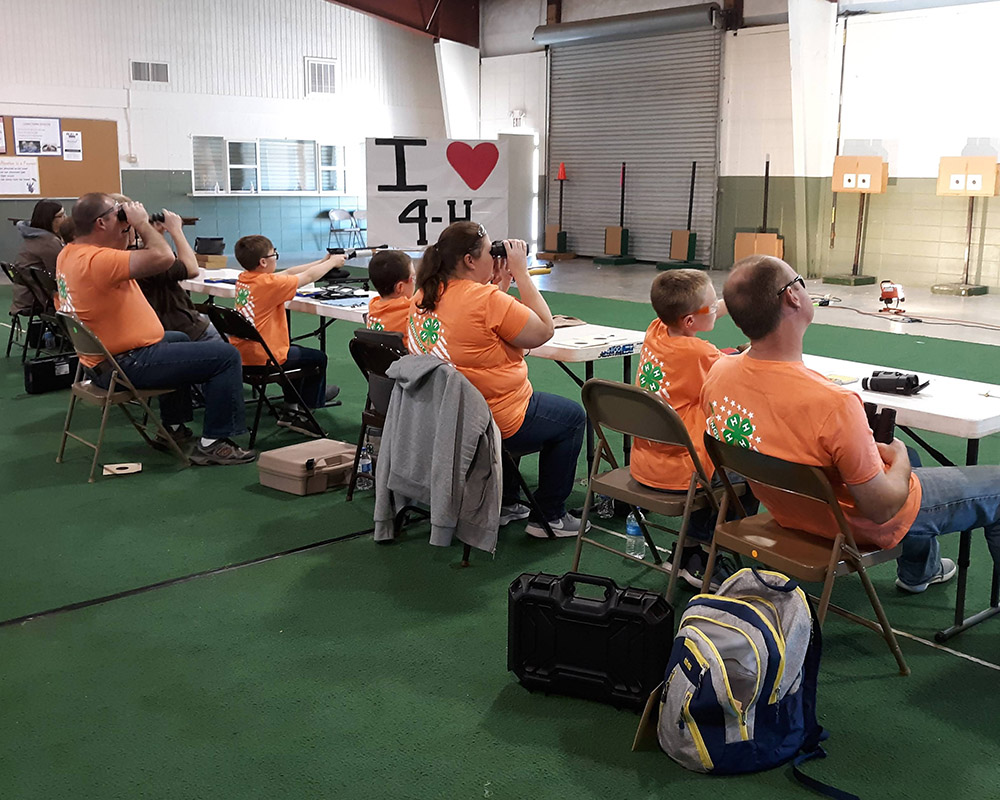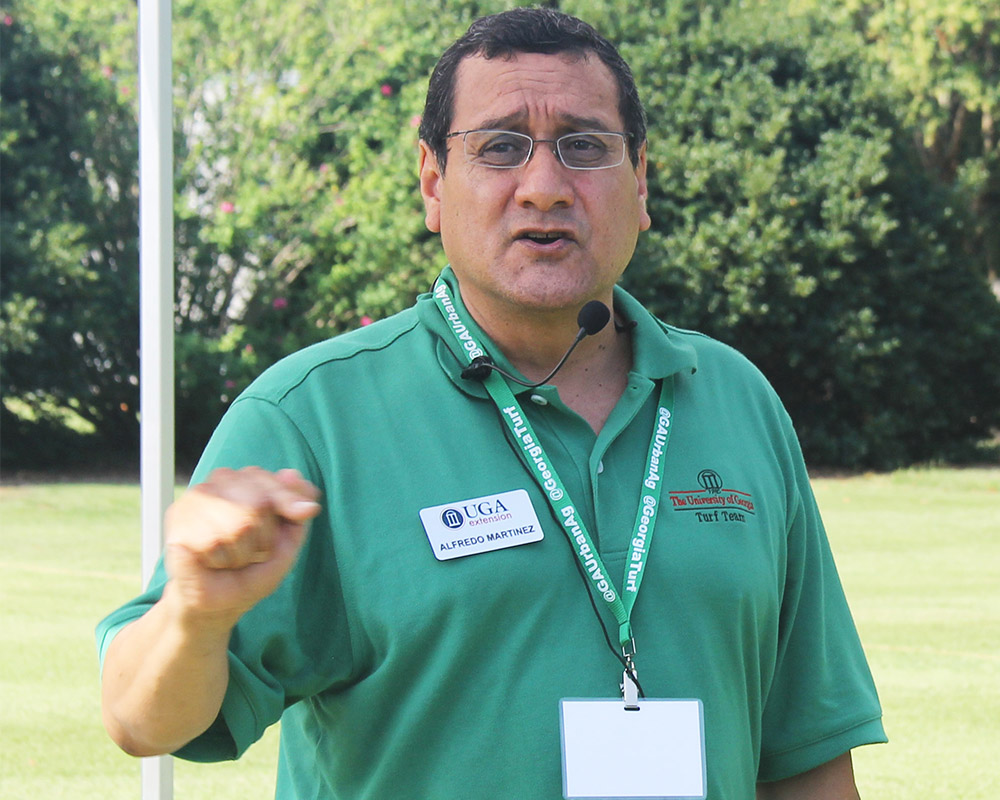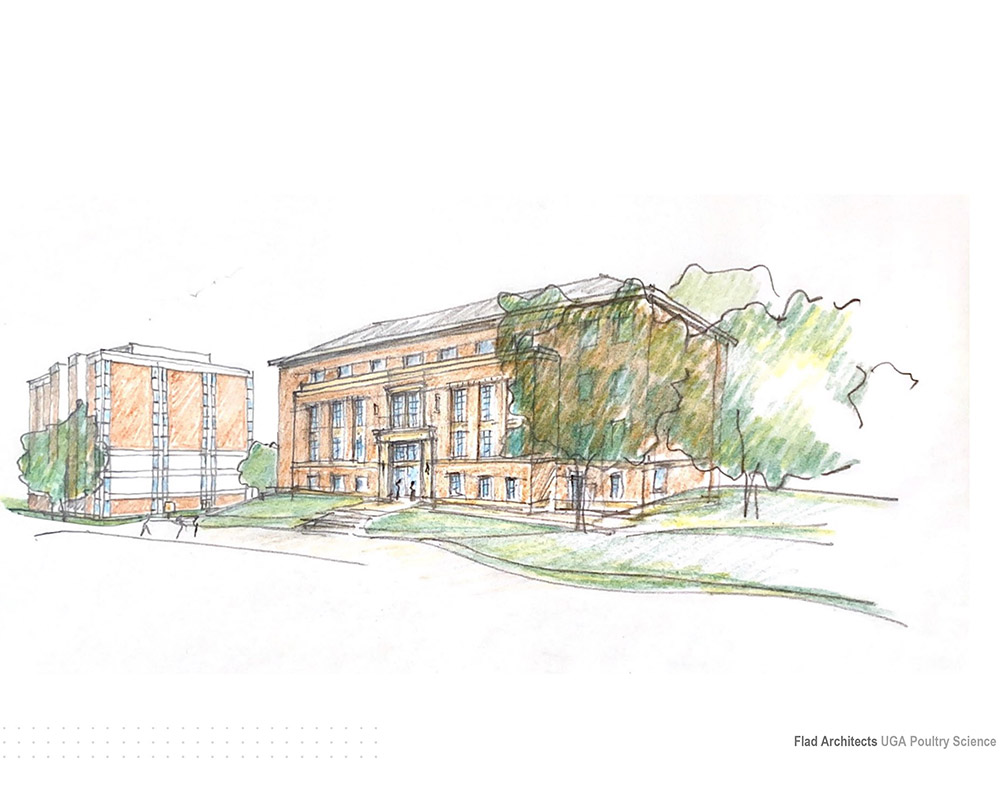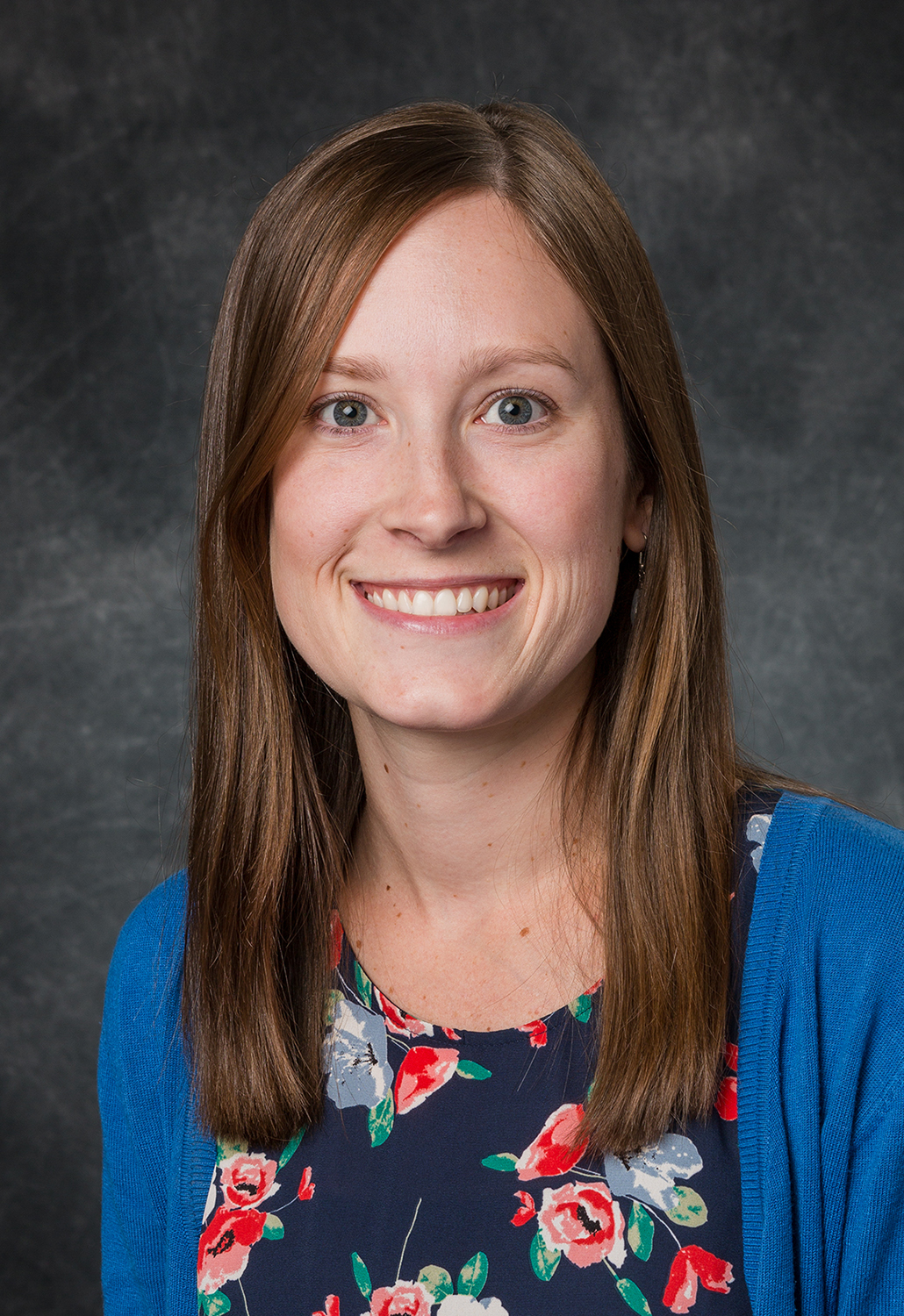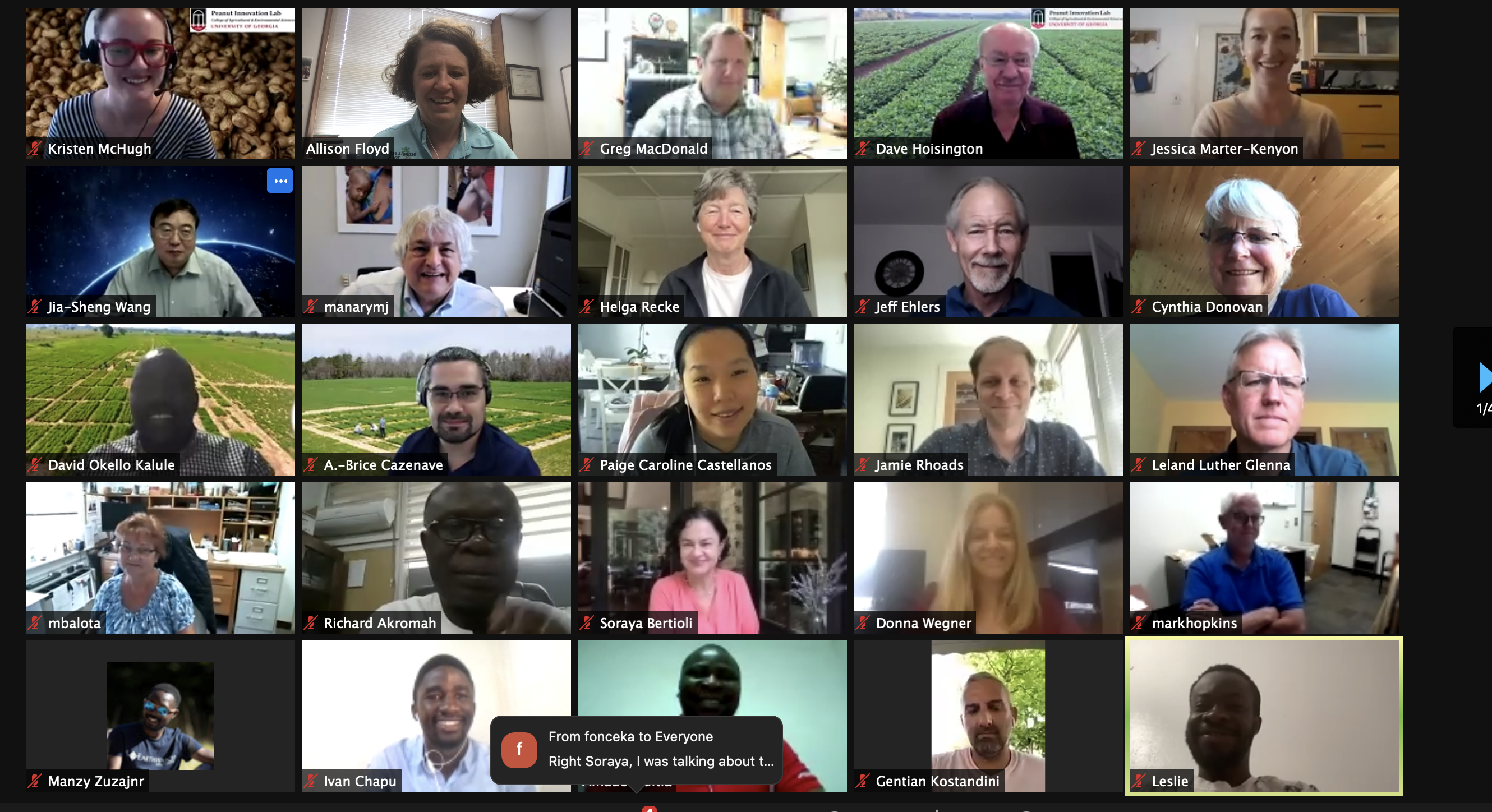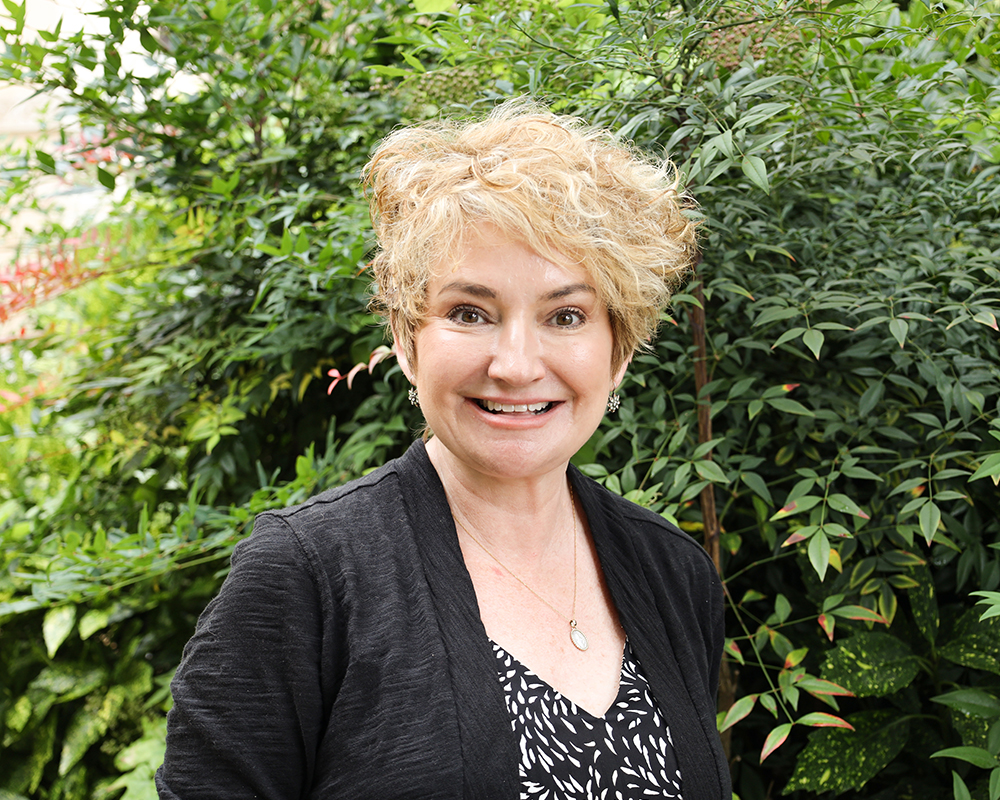 CAES News
CAES News
ALEC Head
Organizational and instructional communication specialist Jennifer Waldeck has been named head of the Department of Agricultural Leadership, Education and Communication (ALEC) in the University of Georgia College of Agricultural and Environmental Sciences beginning July 1. Waldeck most recently served as the associate dean for academic programming and faculty affairs for the School of Communication at Chapman University.


